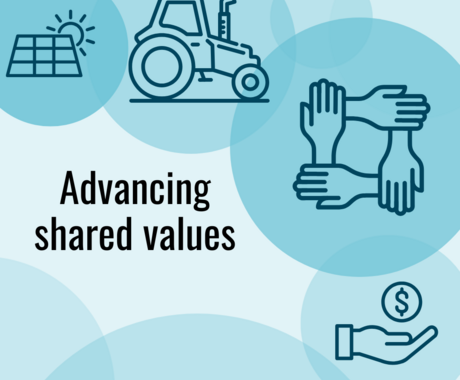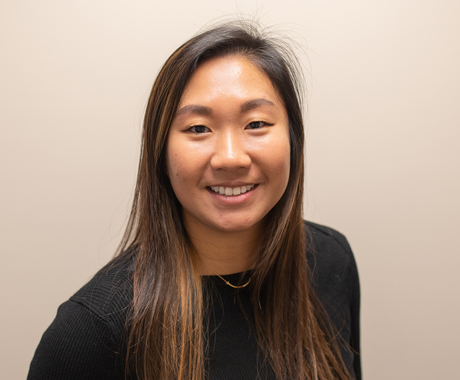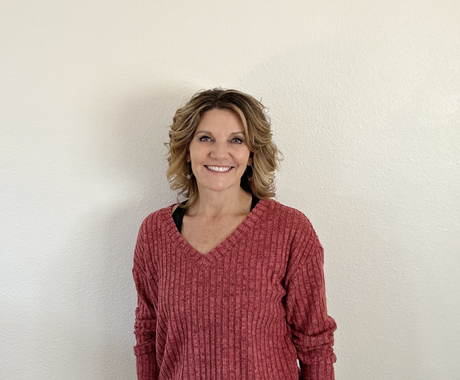I was born in rural Nebraska in the mid-1980s during a farm crisis. I would learn later in life that my family was fortunate enough to make ends meet with a combination of corn, soybeans, and 60 head of beloved Holstein cattle. My small world revolved around the farm and our twice-daily milking. My grandma and grandpa lived just down the road, and my sister and I were welcome to roam as long as we stayed within earshot of mom’s holler. Heaven.
As a kid, I remember being confused, yet equally captivated, by the contrast between rural and urban living, often asking my parents, “How do they live so close together?” As I got older, this confusion turned to curiosity as I went on to explore and enjoy many aspects of city life, bouncing back and forth between Nebraska’s urban areas of Lincoln and Omaha (and a brief, albeit significant, time in San Francisco).
It’s only in hindsight that I’ve realized that something throughout my career felt off. Because I loathed the stereotype of being a country girl in the city, I often refrained from sharing stories of my upbringing and current happenings on my family’s farm (texts from my dad came daily during calving season). It wasn’t until 2017 that I found myself among a group of colleagues who lauded my “farm knowledge” and made it clear that I wasn’t a stereotype, but someone with a unique perspective to bring to the table.
Through their eyes, I began to see rural life with a fresh perspective; something wild and unknown to a large percentage of our country’s population. I began to see my parents as not just farmers, but problem-solvers and environmentalists. I stood in a field and noticed the depth of space around me. And I realized that my rural home was something worth talking about.
It’s my own story and an interest in preserving family farms that led me back to rural Nebraska and the Center for Rural Affairs. Working on policy, I look forward to helping others realize the significance of their narratives, not just in storytelling, but as voices capable of affecting the future of our state.
Today, Kalee lives on her family’s farm, where she helps her parents manage a small cow-calf herd. When she’s not working, she enjoys gardening, porch-sitting with friends, and listening to podcasts. Connect with Kalee by email at [email protected] or by phone at 402.687.2100, ext. 1022.





